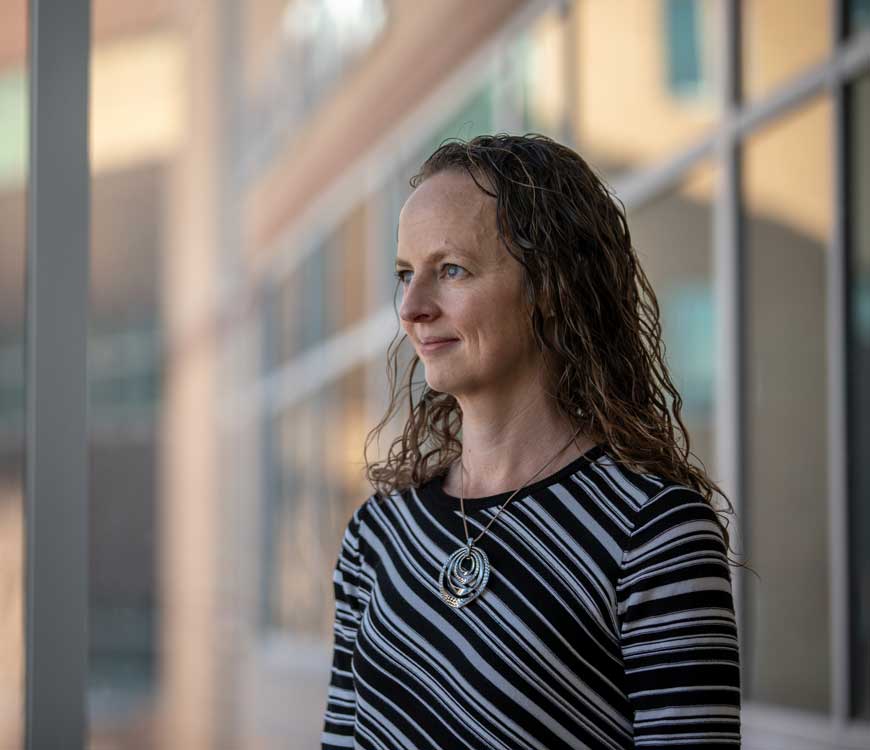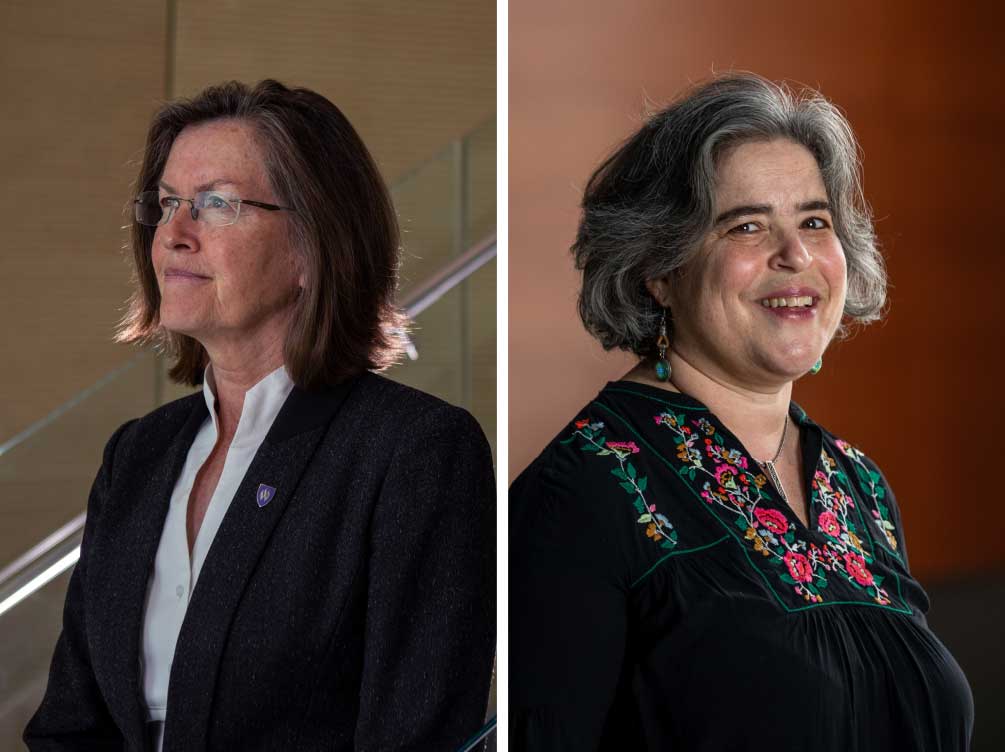While the pandemic and protests of 2020 brought great societal unrest, they also brought the opportunity for scholarly research, and economics faculty at Weber State took advantage and shared their expertise widely.
Laws banning price gouging aim to prevent exorbitant prices while increasing access to critical goods during a state of emergency, but research published by Gavin Roberts suggests these laws likely cause shortages, and undermine some of their own goals.
Roberts, who was also honored as one of Weber State’s Presidential Excellence Award winners for 2020, said, “We knew shortages caused by COVID would be a rare opportunity to look at the effects of laws banning price gouging because emergencies rarely happen in so many different places at the same time.”
His co-authored article, published in the Journal of Private Enterprise, was the basis of a number of local and national television and newspaper stories, where Roberts helped explain the economics behind laws that may seem counterintuitive.
Media also turned to Weber State experts to discuss more economic issues. Andrew Keinsley discussed unemployment, CARES funding, and recovery efforts with print, radio and television audiences.
François Giraud-Carrier’s co-authored article in the scholarly journal of Management Science found that government-mandated pollution regulation can benefit companies under certain circumstances. He spoke to the media regarding this finding that counters the common claim that all pollution regulations are burdensome and hurt businesses.
Jennifer Gnagey and her undergraduate research assistant have been delving into the history of housing discrimination in Ogden and Weber County. She is raising awareness about the project through interviews and presentations. “Numerous policies and practices in northern and western states were used to create and sustain racially segregated neighborhoods,” she said.
Wendy Fox-Kirk’s research focuses on corporate policies that proclaim a commitment to gender equity, but often mask practices that hinder women’s advancement at work and in society. Local and international journalists sought to learn more about Fox-Kirk’s co-authored article, “Genderwashing: The Myth of Equality,” published in Human Resource Development International.
“Organizations were talking about how they were improving things for women while at the same time allowing continued violence and discrimination against them for years,” Fox-Kirk explained.
During the pandemic, John Mukum Mbaku continued as an internationally recognized source on economic and political issues in Africa. As a Brookings Institution Nonresident Senior Fellow, Mbaku speaks regularly to the BBC, Aljazeera and other outlets. Most recently, he discussed the fragility in Chad and counterterrorism strategies in West Africa. For exceptional research, teaching and service in the humanities and social sciences, the Utah Academy of Sciences, Arts & Letters honored him with the 2021 John and Olga Gardner Prize.
Although the topics are disparate, economics faculty say their research is conducted with the unified goal of shaping informed policy to help individuals for generations.




